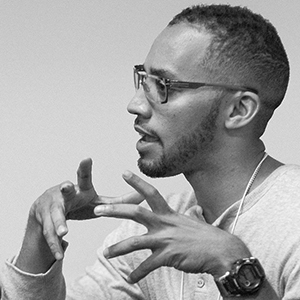black design in america
Black Queer Stories in Print: 19th Century to the Harlem Renaissance
Interested in licensing for your institution? Learn more
In the 1830’s The Sun Newspaper ran a story never shared before in print: a man by day and woman by night who was on trial in New York for theft. Mary Jones/Peter Sewally was one of the earliest known public Transgender people. Her story was one of the first black queer narratives documented and shared in printed form in the early 19th century. A few decades later in 1880’s D.C. The Evening Star newspaper printed “The Queen is Raided” referring to William Dorsey Swann, the earliest Drag Queens in American history, lavish underground parties overturned by the police. In 1925, Alain LeRoy Locke was asked to be guest editor of an issue of Survey Graphic, the richly designed periodical covering sociological and political issues. The issue, titled “Harlem: Mecca of the New Negro”, was Locke’s first publication connecting an emerging generation of young black writers, poets, and artists, in what would be known as the Harlem Renaissance. The infamous issue became the basis for the seminal 1925 anthology The New Negro, marking a shift from a focus on Black bodies to Black consciousness and Black thought.
Speaker
-

-

Silas Munro
Silas Munro engages multi-modal practices that inspire people to be the best versions of themselves in order to effect positive change on society as a whole. He earned his BFA from Rhode Island School of Design and holds an MFA from California Institute of the Arts. His design studio, Poly-Mode, ...Read More